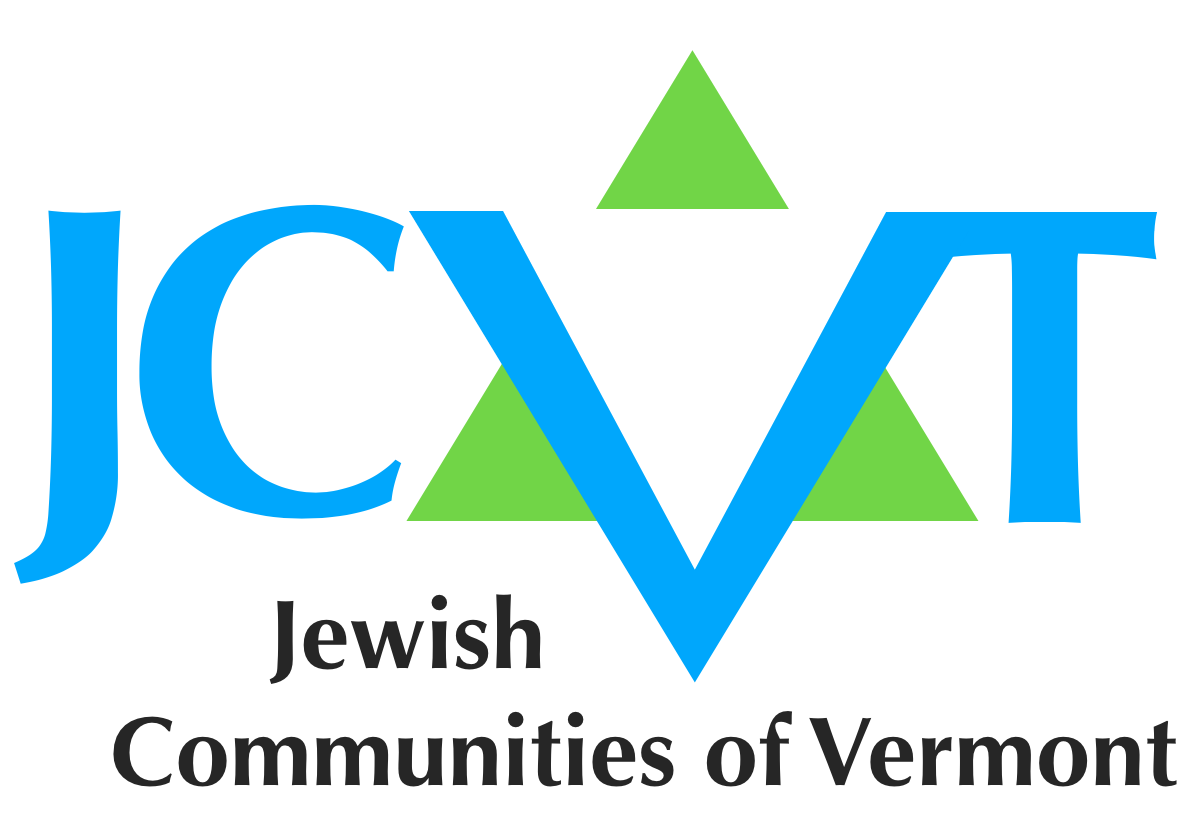Entering leviticus & spring
As we enter the book of Vayikra/Leviticus this week, we are introduced to ancient cleansing rituals that work to assuage individuals of intended or, more interestingly, unintended transgressions in order to bring balance back into the community or the individual's life. We also learn how to celebrate a sense of wholeness and gratitude. Always compelling yet odd, our text regales us with situations that are brought about by intentional or unintentional acts. The book of Leviticus, with all of its seemingly archaic practices, is deeply the 'how' to be able to karov/draw near to the sacred center of life and offer sacred paths to healing and celebration.
This first parasha is replete with situations that recognize that there is a deep need to bring healing to our lives. One thing that popped out at me this year is this text:
וְכׇל־קׇרְבַּ֣ן מִנְחָתְךָ֮ בַּמֶּ֣לַח תִּמְלָח֒ וְלֹ֣א תַשְׁבִּ֗ית מֶ֚לַח בְּרִ֣ית אֱלֹהֶ֔יךָ מֵעַ֖ל מִנְחָתֶ֑ךָ עַ֥ל כׇּל־קׇרְבָּנְךָ֖ תַּקְרִ֥יב מֶֽלַח׃ {ס}
You shall season your every offering of meal with salt; you shall not omit from your meal offering the salt of your covenant with God; with all your offerings you must offer salt. (Lev 2:13)
Why salt? The 15th century Nachmanides/Ramban, scholar and mystic, offers this teaching: Salt can nourish and enhance, yes, but it can also destroy and poison. He writes:
"... salt is derived from water, and it is through the power of the sun which shines upon it that it becomes salt. Now the nature of water is that it soaks into the earth and makes it bring forth and bud; but after it becomes salt it destroys every place and burns it... Since a covenant is inclusive of all attributes, water and fire come into it...just like salt which seasons all foods and helps to preserve them, but destroys them when they are over-saturated with it. Thus salt is like the covenant."
We learn here that what we bring as an offering should be salted (perhaps with our tears at wrestling with adversity or joy at our gratitude?). However, emphatically stated, too much recrimination, or harshness towards ourselves will render what we bring dead on arrival. The Torah is clear: healing is possible, desired, and encouraged; celebrating wholeness is, too, part of our re-balancing. Building on this salt analogy, our sense of belonging and engaging in acts of reciprocity need be entered in a way that is nourishing (and even tasty) but not slip into dogmatic and rigid.
Judaism has rarely (if ever) created a dogma that teaches that transgression is a permanent stain on our beings; rather, time and time again, in so many ways, the teachings recognize how hard it is to be a human being: plagued with the challenge of free will is balanced with ways to find forgiveness and rectify. We should not be too harsh on ourselves even while doing the work of discernment.
Bring your whole self into alignment. That is the key to the book of Leviticus. How we can 'keep our fingers in the plug' so that we continually connect how we behave with the core of Being. I love this book, placed in the center of our scroll, where the central word of the entire Torah is contained: look within.
Happy Equinox and the New Moon of Nisan! Passover and Springtime are here!
--- Rabbi Jan
Listen here to Batya Levine's "Karov"
Lyrics from Psalm 145:18
קָרוֹב ה' לְכָל קֹרְאָיו
לְכֹל אֲשֶׁר יִקְרָאֻהוּ בֶאֱמֶת׃
Karov Hashem l'chol korav,
l'chol asher yikrau'hu v'emet
Hashem (source of life / spirit of all) is close to all who call out
to all those who call out in truth
See original post on Facebook
